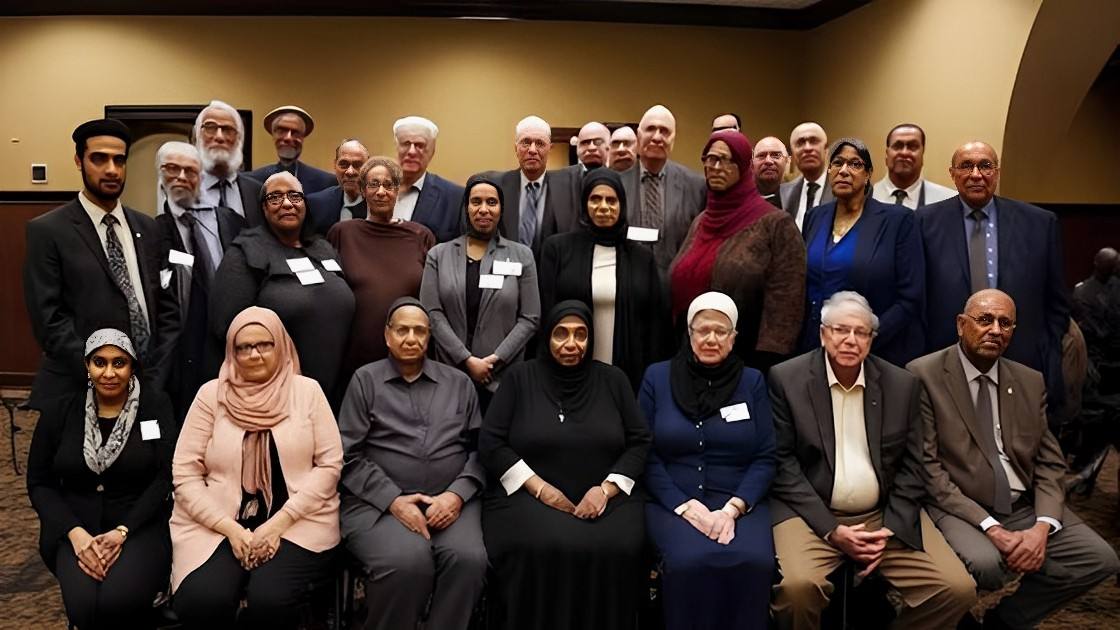Islam Community

The Islamic community, also known as the “Ummah,” is diverse and encompasses various types of communities based on factors such as beliefs, practices, interpretations, and cultural backgrounds. Here are some major types of Islamic communities:
- Sunni Muslims:
Sunni Islam is the largest branch of Islam, and Sunni Muslims make up the majority of the global Muslim population. They follow the teachings of the Prophet Muhammad and the Quran, as well as the consensus (ijma) of the community and analogical reasoning (qiyas) in matters of jurisprudence. Sunni Muslims also adhere to the Four Schools of Islamic Law (Hanafi, Maliki, Shafi’i, and Hanbali) that provide different legal interpretations.
- Shia Muslims:
Shia Islam is another major branch, and Shia Muslims are the largest minority group within Islam. They believe in the leadership and imamate of Ali, the Prophet Muhammad’s cousin and son-in-law, and his descendants. The Twelver Shia branch is the most prominent, believing in a line of twelve Imams. Other Shia sects include Ismailis and Zaidis, each with their own interpretations and leadership structures.
- Sufi Communities:
Sufism is a mystical and spiritual dimension of Islam that focuses on seeking a direct and intimate connection with God. Sufi communities emphasize practices such as meditation, chanting, and devotion to achieve a deeper understanding of spirituality. Sufis can be found within both Sunni and Shia traditions.
4.. Conservative Communities:
Conservative or traditionalist communities adhere closely to established Islamic practices, rituals, and interpretations. They prioritize upholding Islamic traditions and may advocate for strict adherence to religious teachings and social norms.
- Progressive Islam:
Progressive Muslims engage in reinterpreting Islamic teachings to align with contemporary values such as gender equality, social justice, and human rights. They may challenge traditional interpretations and practices they perceive as incompatible with modern ethics.
- Cultural and Ethnic Communities:
Islamic communities often have strong ties to specific cultures and ethnicities. These communities may express their faith in unique ways influenced by their cultural backgrounds.
- Converts and New Muslims:
Converts to Islam, often referred to as “reverts,” form a diverse group of individuals from various backgrounds. They may bring different perspectives to Islamic practice and contribute to the diversity of the Ummah.
- Global and Local Communities:
The Islamic community exists on both global and local levels. Global organizations, like the Organization of Islamic Cooperation (OIC), work to foster cooperation among Muslim-majority countries. Local communities are formed in cities and neighborhoods, where Muslims come together for worship, education, and social activities.
These types of Islamic communities demonstrate the richness and diversity of the Ummah, as Muslims worldwide embrace their faith in various ways, while sharing a common connection through their belief in Islam.

